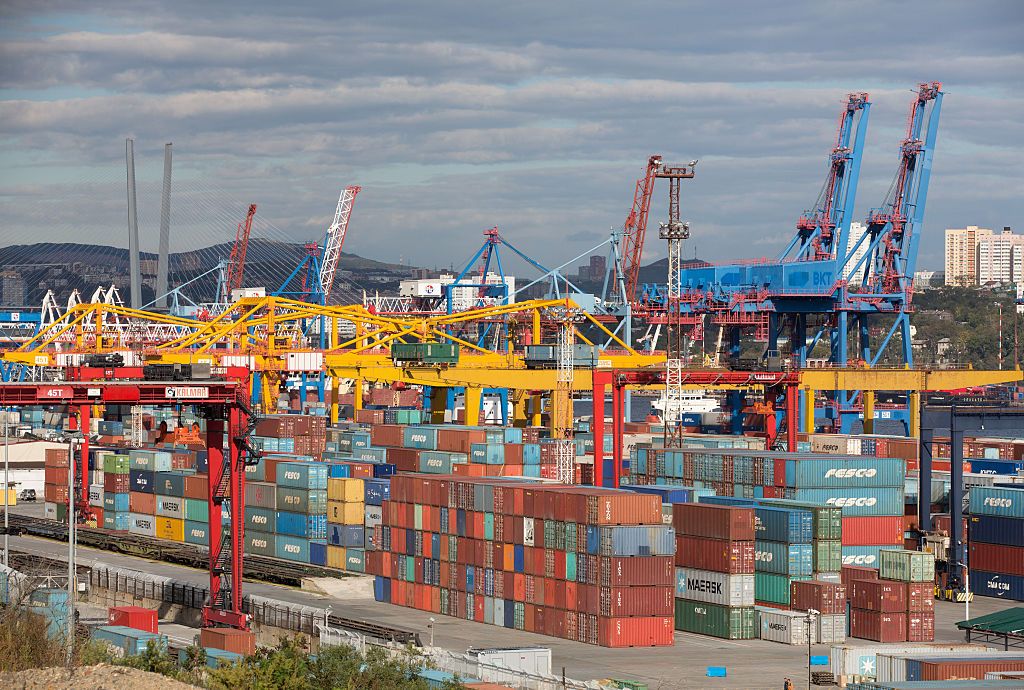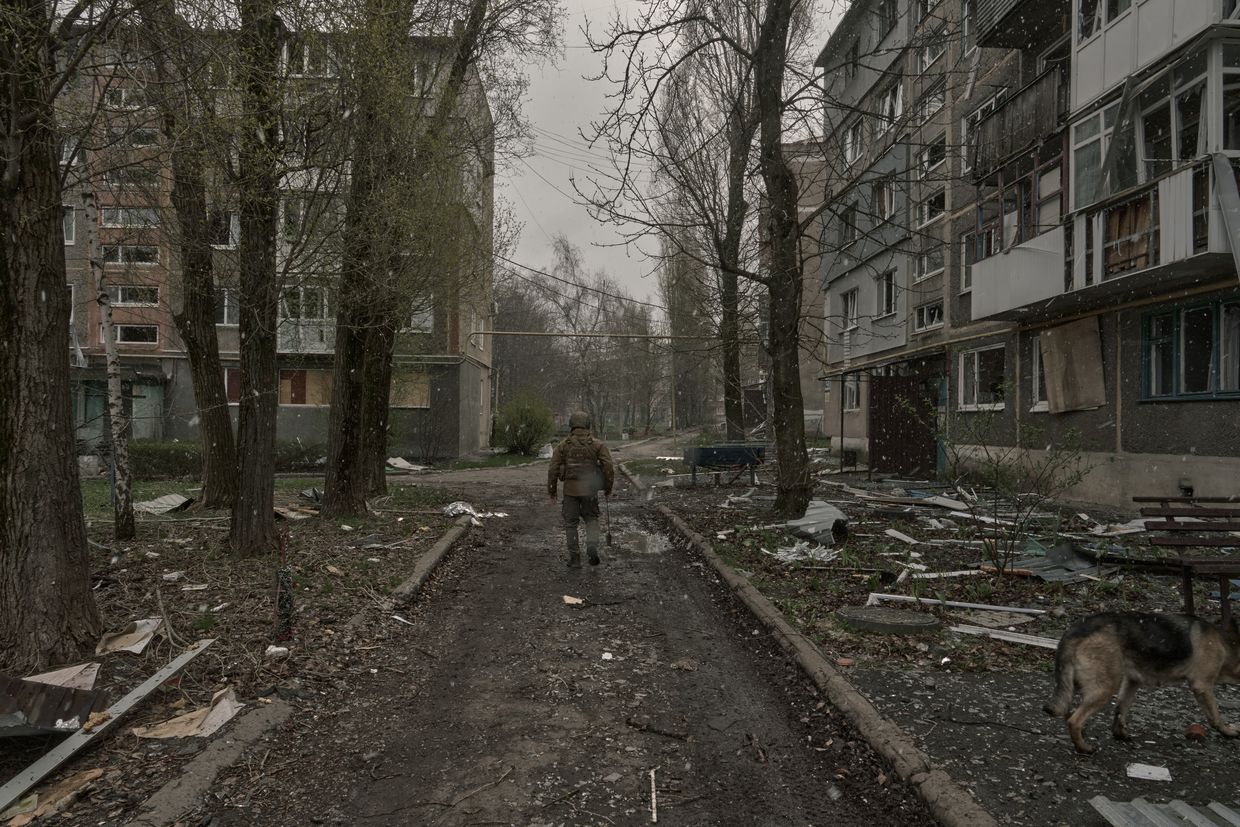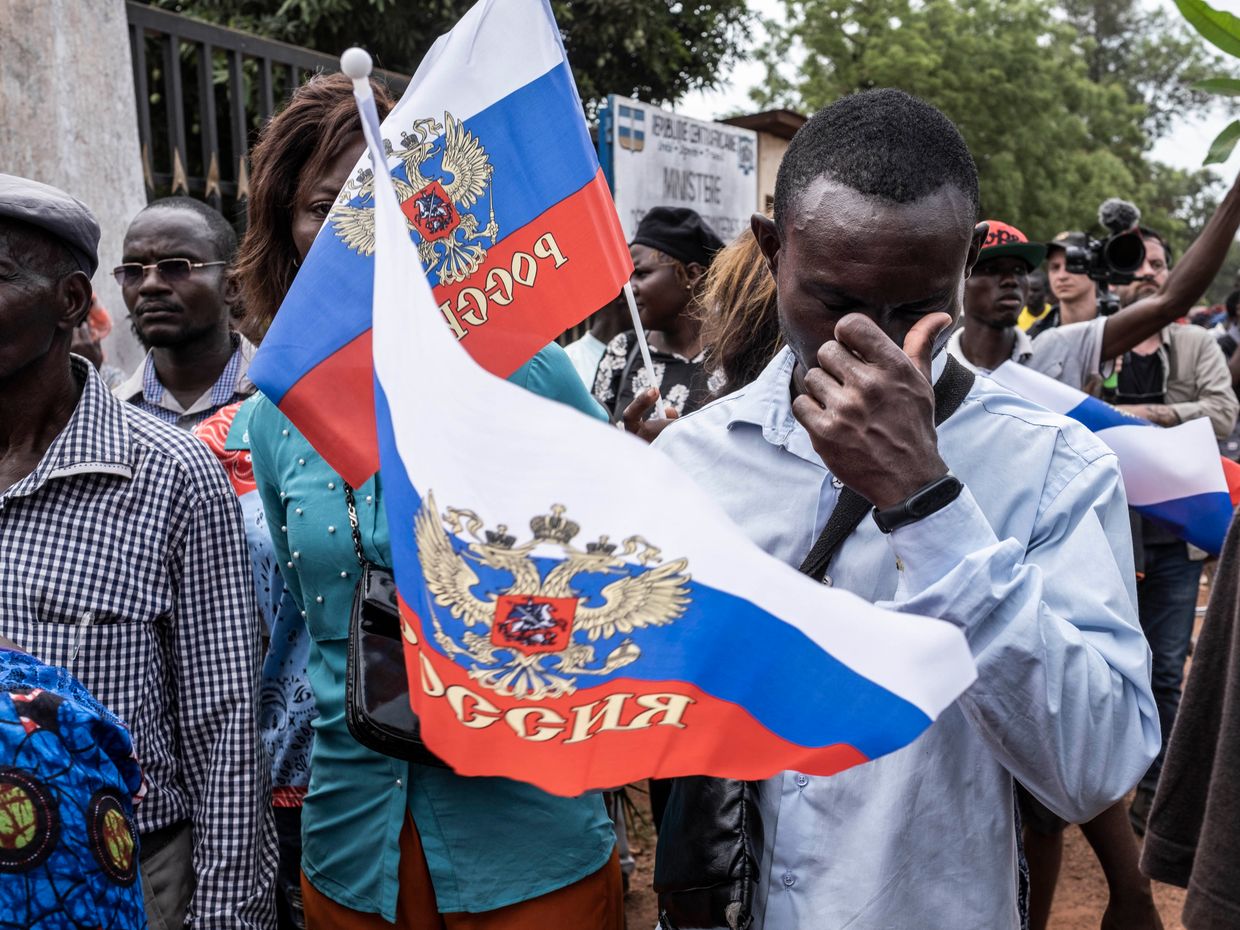Nineteen-thirty-eight is an apposite metaphor for 2024, of a world poised on the brink of a devastating war. The pieces are all there: Russia’s invasion of Ukraine, tensions across the Taiwan Strait, the U.S. increasingly divided and isolated, the Middle East divided along sectarian and tribal lines, a resurgent populism in Latin America, and an Africa slowly sliding off the map into state failure, military juntas, and regional wars.
This state of affairs should not be someone else’s business. Critical choices about defense, foreign policy, national posture, and the allocation of spending by leadership and publics alike will determine a future either of war or peace. For those on the periphery of the global economy, on the margins of the concern of richer states and publics, this carries even greater possible costs.
Contrary to popular impressions, much of Africa is on Ukraine’s side. Twenty-eight African countries voted for the February 2023 UN General Assembly resolution calling for Russia to halt its invasion and withdraw its forces from Ukraine. Most of them are democracies, while most of the 17 African countries that abstained or voted against the resolution are, with a few democratic exceptions like South Africa and Namibia, authoritarian or hybrid regimes. This voting pattern was reproduced during subsequent UN resolutions on Ukraine.
Alexei Navalny’s murder should make it clear what sort of regime is Vladimir Putin’s, as should his army’s ghastly acts against Ukrainian civilians. Russia is today antithetical to basic human rights and freedoms. Its actions are familiar to many post-colonial societies traversing the same tricky path that Ukraine has had to negotiate over the last 30 years in breaking the shackles of Russian imperialism.

There is fertile ground for Ukraine’s case since the majority of Africans want to live in circumstances similar to those in Ukraine, not Russia. Two-thirds of Africans consistently prefer democracy to other forms of government, as polled by Afrobarometer. Yet over 90% of Africans live under a version of authoritarian regime.
As much as it explains why some African leaders favor supporting authoritarians wherever they exist, this dissonance offers an opportunity for Ukrainians to appeal directly to Africans on issues which Moscow cannot reach.
In fact, the strongest selling point among Africans, especially its younger cohort, of the U.S. is precisely its democratic status – a feature preferred by more than 70% of Africans polled. When asked which country they saw as the best model for their future development, 33% of respondents in a 2021 Afrobarometer survey chose the U.S., while 22% chose China.
Out of 34 countries surveyed, the U.S. polled more than China in 23 countries, greater than the number two years earlier. Younger Africans (36% of people aged 18-25) said they were more likely than older Africans (26% of people above 55) to prefer the U.S. as a model for development. But Ukraine has to make it easier for Africans – reluctant to be caught up in someone else’s conflict with so many problems of their own – to take Ukraine’s side publicly.
Three key actions stand out in developing an appropriate African narrative for Kyiv:
Transforming the narrative. The true cost of a Ukrainian failure needs to be made clear by Kyiv both in terms of the democratic and economic consequences. Ukraine’s is a profoundly anti-colonial struggle against a ruthless aggressor. If Ukraine were to lose the war in the long term, the strategic implications for the democratic world would be both profound and negative. Ukraine would become a non-independent state. The current leadership of Ukraine would be killed, convicted, or forced into exile. In so doing, they and NATO (as the proxy for the West, and not Russia, would be made guilty of the war.

In installing a puppet president heading a government made up of Ukrainians loyal to Russia, Ukraine’s independent media would be silenced, and no political opposition would be permitted. Of particular interest to Africa, Ukraine’s economy would be made completely dependent on Russia, together dominating the global export of grain and thereby weaponizing the commodity with severe implications for import-dependent economies.
Side with democracies everywhere. If the West and Ukraine want Africans to side with them, given that Russia’s invasion is an assault on the rules-based international order that underpins democratic freedoms and values, then they need to stand with African democrats (and citizens) who are fighting for the same freedoms and values in their contexts. These values and principles must matter for African lives equally, not just Ukrainian (or European) lives. For Ukraine, specifically, this means choosing your allies and friends carefully in Africa and avoiding those who represent – and sometimes very publicly defend – Russia.
Prepare together for a post-war world by advocating for the establishment of war crimes tribunals, just as Nuremberg was first discussed in 1942. Again, such measures demand even-handedness in dealing with grave violations of international law (for instance, by Russia, by African dictators/oppressors, or in the Middle East) without fear, favor, or hypocrisy.
Timothy Snyder says that “To become better, a country must lose its last colonial war.” The opposite also holds true. Russia is not going to lose its colonial war in Ukraine without citizens elsewhere being willing to pay a price for the maintenance of their own freedoms, including democrats in Africa.
Editor’s Note: The opinions expressed in the op-ed section are those of the authors and do not purport to reflect the views of the Kyiv Independent.












